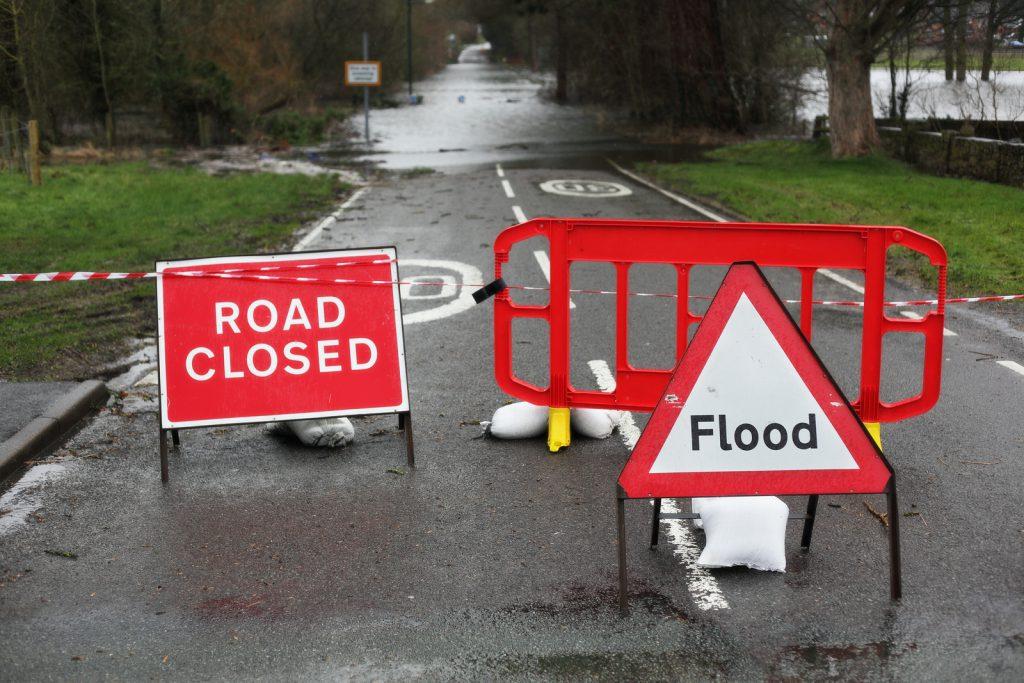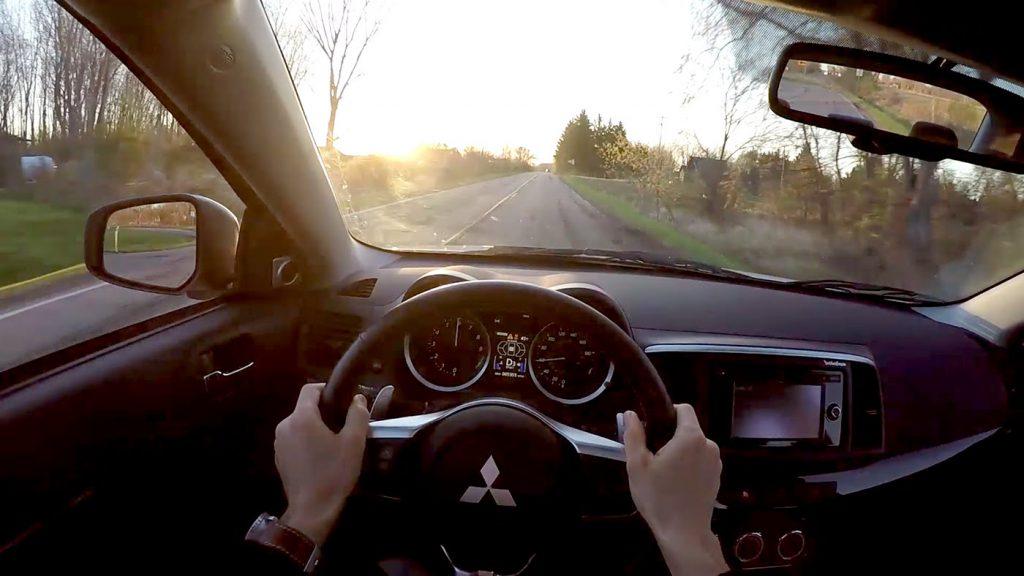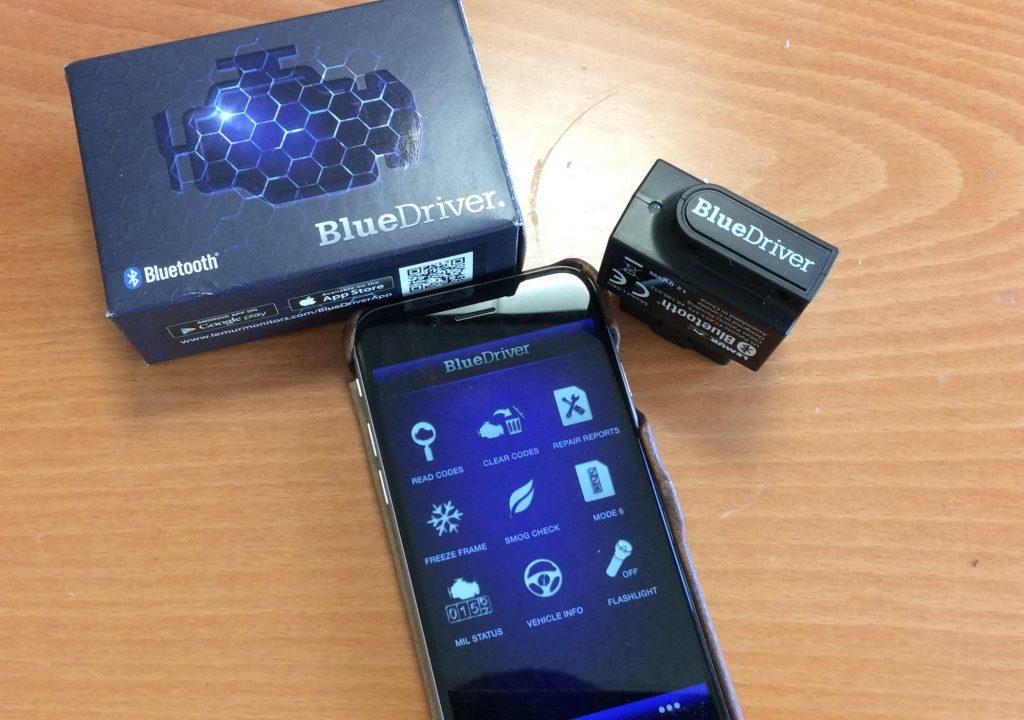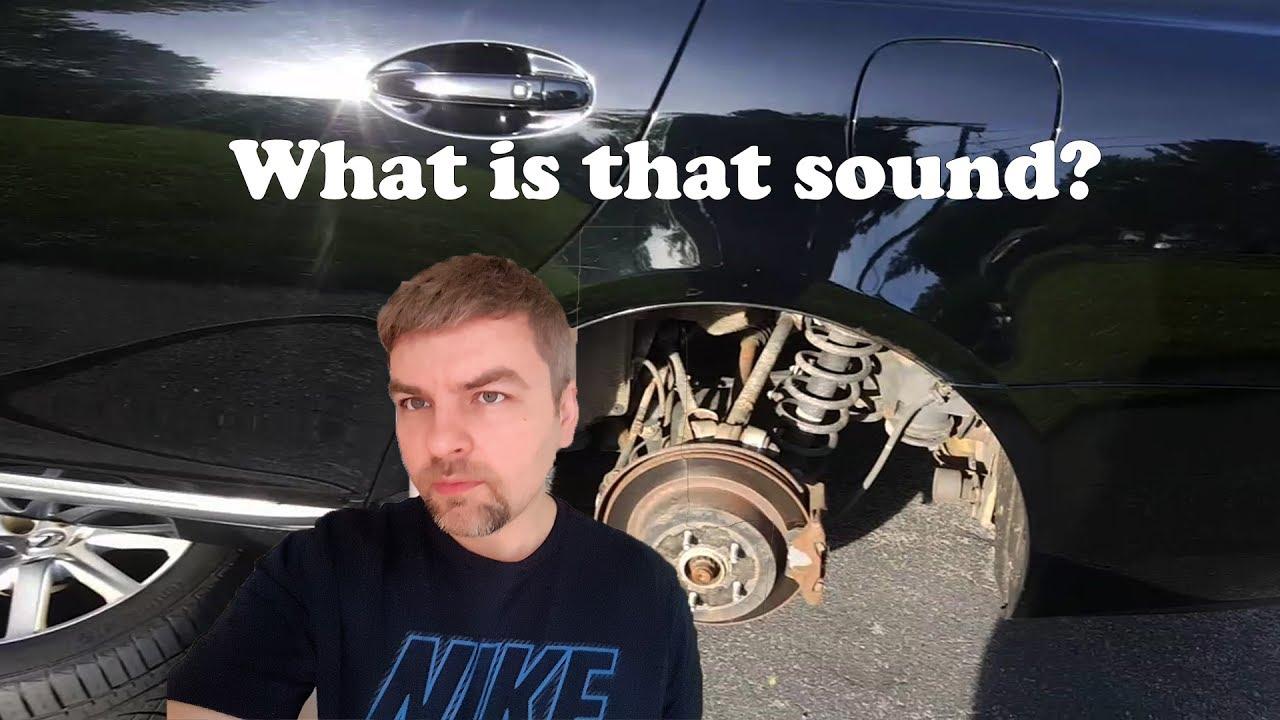While driving, do you hear the growling, howling, or sometimes the grinding noise, which increases with the vehicle’s speed? If that’s a yes, then you must know that most of the time it’s the damaged wheel bearing making noise. “Wheel Bearing- What is that?” – If you have the same question in mind, then let’s first learn about it. Followed by which, you can then comprehend and practice the ways to diagnose the bad wheel bearing noise.
Contents
Introduction to Wheel Bearing
Wheel bearings are steel balls, held together by a metal ring called the race. The work of these balls is to reduce the friction while the wheel is spinning. Used in every vehicle from bicycles to airplanes, these components in the car are equipped on a metal axle shaft inside the hub. This hub is located at the center of the wheel which helps in bolting the tire onto the wheel. And, the bearings are fitted into the hub from the back of the wheel.
What does a bad wheel bearing sound like? Check out the video below:
What Causes A Bad Wheel Bearing Noise?
In every vehicle, wheel bearings are accompanied by the wheel and are also moving constantly. While driving, the wheels are touching the road, therefore there could be a wide range of reasons that make the wheel bearings produce bad sound. Here are 5 common reasons for sounds of bad wheel bearing.
1. Drive on rough roads

While you drive your car, the wheel bearing of your car will receive all the pressure of the wheel and tire. Therefore, if you drive over a pothole or a bumpy curb, there will be more pressure on your wheel bearing which causes it damaged very easily. While driving, hitting something is a risk that you can not avoid, which leads to more force on the balls of the wheel bearing. This will result in small imperfections in the wheel bearings. Driving a car with these faulty bearings for a long period will more heat and wear to form. Debris will be created from the wear and then will pollute the lubricant of the wheel bearing, making the wheel bearing fail more faster.
2. Badly installed
Even if you have replaced your wheel bearings with new ones, you still hear some bad wheel bearing noise. The only conclusion is that the wheel bearings make bad sounds because they were installed in the wrong way (not following the manufacturer’s recommendation).
3. Drive on the flooded street

Another reason cause bad wheel bearing noise is driving on a flooded street. If you drive your vehicle on a street that is flooded with water, your wheel bearings will be subjected to moisture. Moisture will mix with lubricant then makes the lubricant work ineffectively, causing damage to the wheel bearings. In this case, you can not service or repair a modern-style wheel bearing. According to auto experts, the only solution for damage caused by water is replacing the wheel bearing.
4. Accident on the wheel area
Wheel bearings are connected to the wheel, therefore if the wheel area is damaged, the wheel bearing will be damaged and then cause bad wheel bearing noise.
5. Bad shock and unbalanced tires
The wheel system can work steadily based on its wheel bearing, lower joint, lower arm, tire, and shock. If you drive your car with unbalanced tires, some of those other parts will be broken and cause bad wheel bearing symptoms.
How to Diagnose a Bad Wheel Bearing Sound
Before taking the car to the nearest mechanic store, let’s learn the three different methods to check the wheel bearing and see if it’s bad.
1. Check the wheel bearing by listening to it
To hear the sound of the wheel bearing, you need to drive your car above the speed of 30mph. And, at this time, you can notice that as you drive faster the noise of the bad or damaged wheel bearing increases.
Here, it is pivotal to note that this sound may appear to be coming from the tires or windowpane but actually the problem’s source lies with the wheel bearing. The biggest difference one can notice is that the car with the good wheel bearings doesn’t produce a howling or grinding noise like the one with the bad bearings.

Additionally, to know which side of the wheel bearing is damaged turn the vehicle gently. For instance, if the car after turning left produces little less sound this means, the problem lies with the right side bearings, and vice-versa.
See more:
2. Physically diagnose the wheel bearing by shaking the tires
For this step, you need to raise the car from the front by supporting it safely on the jack stand; with the rear tires blocked off. This latter action is necessary to prevent the vehicle from moving behind. Now let’s start diagnosing the front wheel bearing and make sure that’s the source of the problem.
Firstly, grab the tire from two ends in the three and nine o’clock position and shake it back and forth. If while shaking the wheel you can hear a certain noise, this indicates the bad wheel bearing. Next, to ensure that it’s the bad wheel bearing sound and not the bad wheel run, repeat the same process by holding the tire in the twelve and six o’clock positions. During this diagnosing procedure, also keep a check on the components behind the wheel. As it would ensure that, the problem is not with any other part but the wheel bearing only.
Tip: Before grabbing the tire in the six and twelve o’clock position, make sure the vehicle is stable.
3. Use scanner to diagnose the problem
Before moving ahead, it’s important to note that not every vehicle has scanners embedded in it. Therefore, cars having ABS sensors can actually make use of this technology. Usually, the latest manufactured cars have this technology.
For this, you need a device such as an OBD2 scanner (a kind of Bluetooth device), providing all the information related to the vehicle’s configuration and the present status of its components. To check the status of the wheel bearing, connect the device to the tab/computer. Then, enter the defined code of the wheel bearing on the tab’s screen and confirm its status.

Hence, these are the three easy methods, which can help in checking the bad wheel bearing sound. And later, can help you in following the maintenance tips for the same.
Wrapping Up
Bad wheel bearing noise is a common problem that can significantly impact the safety and performance of a vehicle. Identifying and addressing wheel bearing issues promptly is crucial to ensure the continued functioning of the vehicle and avoid potential accidents or further damage. We hope that the article will be useful for you.




can you send me notes about servicing/maintance of nissan sunny bf 15